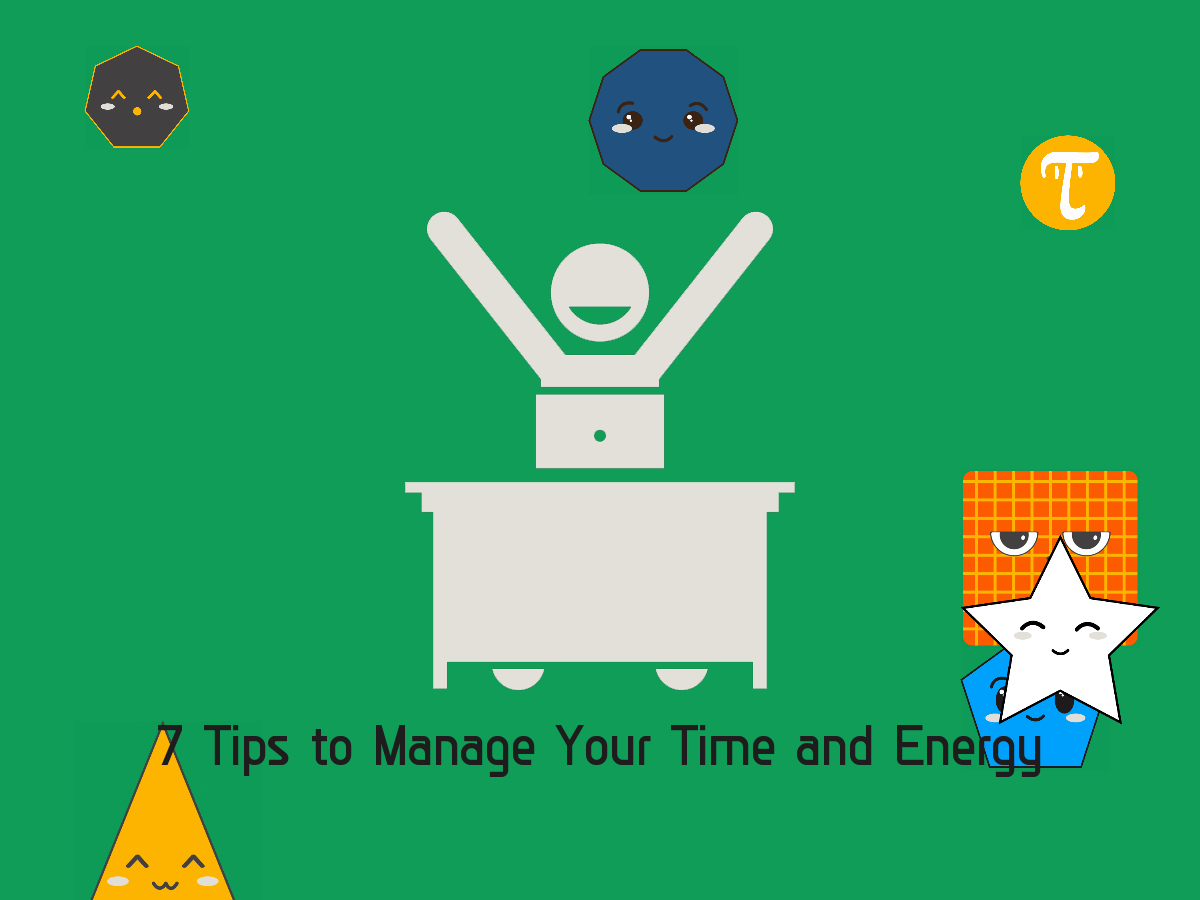Mastering the Art of Work-Life Harmony
Time and energy are two of our most valuable resources, especially in our professional lives. Managing them effectively is crucial for maintaining work-life harmony. Here are seven tips to help you do just that.
1. Prioritize Your Tasks:
Understand the difference between urgent and important tasks. Use tools like the Eisenhower Box to categorize and prioritize your work. Focus on what adds value to your professional goals and personal well-being.
2. Set Realistic Goals:
Setting achievable, clear goals each day can boost your productivity and morale. Break down larger projects into smaller, manageable tasks to avoid feeling overwhelmed.
3. Learn to Say No:
Saying no is not just about refusing extra work; it's about setting healthy boundaries. Politely declining tasks that don't align with your priorities or capacity can save time and energy.
4. Take Regular Breaks:
Short, frequent breaks can significantly boost your productivity and mental well-being. Methods like the Pomodoro Technique encourage taking breaks to refresh and refocus.
5. Manage Your Energy, Not Just Time:
Identify the times of the day when you're most energetic and productive. Schedule your most challenging tasks during these periods and less demanding tasks when your energy dips.
6. Embrace the Power of Technology:
Utilize apps and tools for task management, scheduling, and reminders. Automation and digital tools can streamline your workflow, saving time and reducing stress.
7. Cultivate a Healthy Work-Life Balance:
Make time for activities outside work that rejuvenate you. Whether it’s a hobby, exercise, or spending time with loved ones, these activities are essential for recharging your energy.
Conclusion
Time and energy management is not about packing more into your day; it's about working smarter and creating space for things that matter. By implementing these tips, you can improve your efficiency at work while also enjoying a fulfilling personal life.





